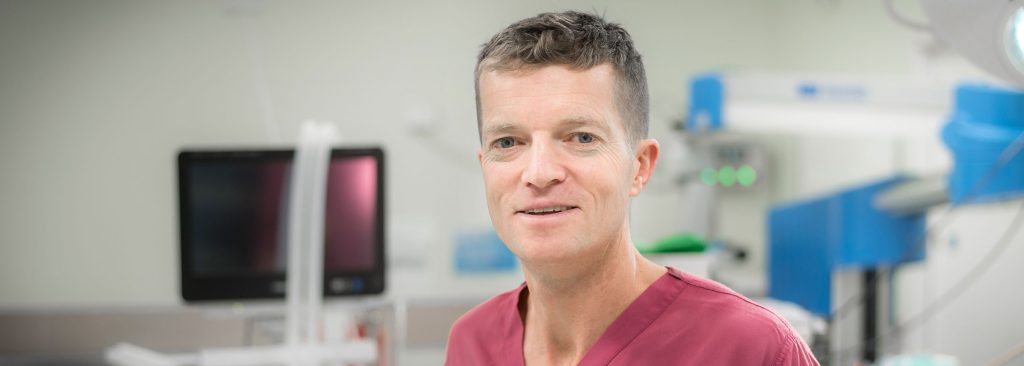University Hospitals Bristol tackle anaesthetic gases for a greener NHS
University Hospitals Bristol Trust are tackling the impact of anaesthetic gases on climate change by encouraging the use of alternatives during routine surgeries.
Anaesthetic gases are commonly used as a part of everyday surgeries across the NHS, however these gases alone are responsible for over 2% of all NHS emissions.
Recognising the impact climate change is having on the environment and the health of its people, the Trust is encouraging the use of alternative anaesthesia options to reduce the use of desflurane, such as switching to lower carbon alternative sevoflurane.
Staff at the trust have been supporting colleagues in using less harmful gases, with positive results. Anaesthetists Mat Molyneux and John Hickman have developed several engagement tools to raise awareness and provide information. These included coloured prompt cards placed on anaesthetic machines with facts about the impact linked to everyday activities such as driving a car and QR codes on machines directing clinicians to website resources for more information.
To stimulate engagement and discussion, John and Mat created an interactive challenge for staff. Eight different prompt cards with short anagrams were developed which once solved revealed the statement ‘Consider the environmental and financial impact of volatile anaesthetics on future generations.’
In just two years, the staff at the trust have reduced use of carbon intensive desflurane significantly, saving the equivalent to 30,000kg CO2 per month.
Mat Molyneux, consultant anaesthetist at University Hospitals Bristol, said:
“The monthly reduction when converted to carbon dioxide is equivalent to 166 cars off the road or 105,000 miles driven by an average passenger vehicle.”
Watch the video below to hear consultant anaesthetist Mat Molyneux explain more about recognising the impact of anaesthetic gases on climate change.

